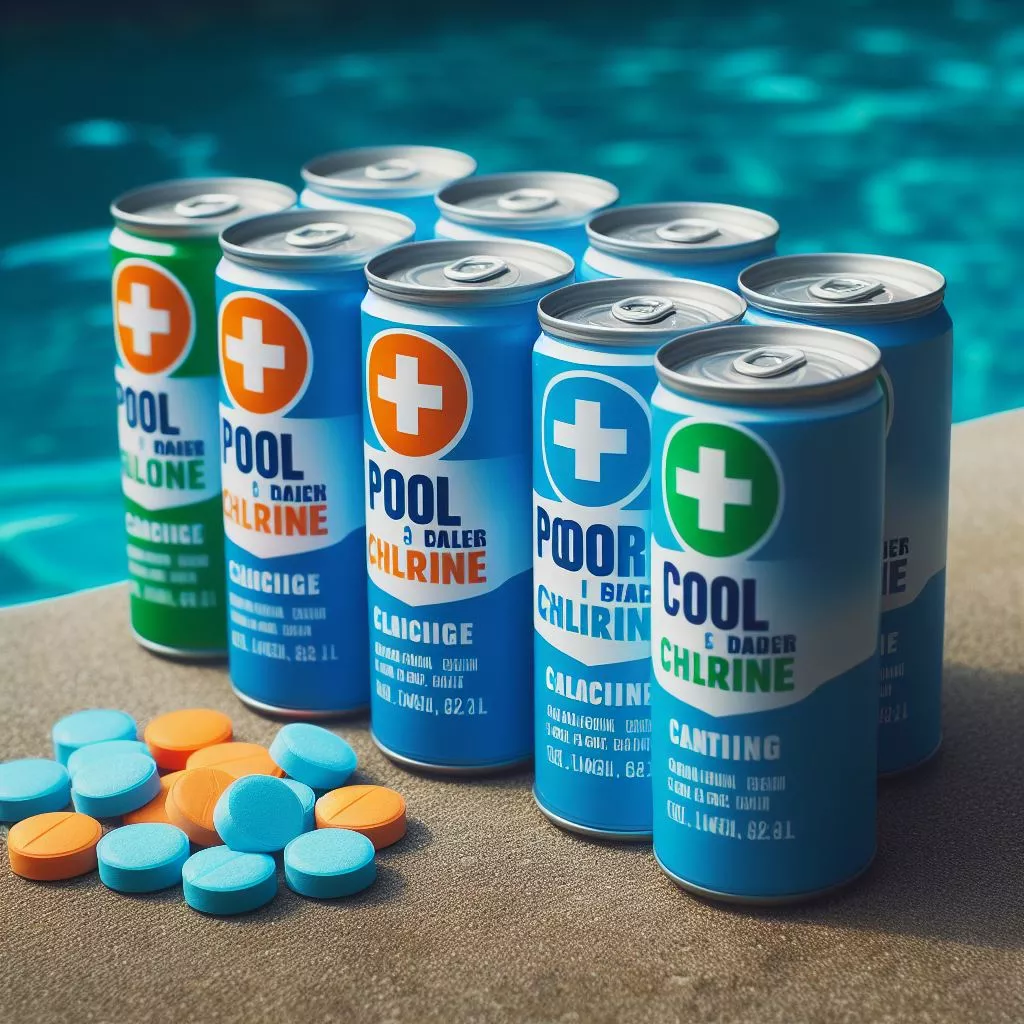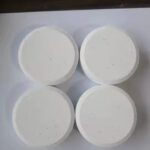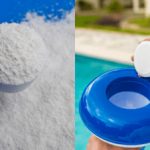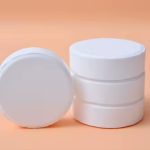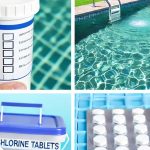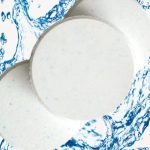In the realm of swimming pool maintenance, the effectiveness of water disinfection is paramount for ensuring a safe and enjoyable swimming experience. Pool chlorine tablets have become a popular choice for pool owners due to their convenience and efficiency in maintaining proper water sanitation. This article explores the rigorous quality testing procedures employed in the production of pool chlorine tablets and sheds light on the packaging processes that contribute to the overall quality of these essential pool maintenance products.
Quality Testing in Pool Chlorine Tablet Production
Raw Material Assessment
The foundation of quality begins with the raw materials. Chlorine tablets typically consist of stabilized chlorine compounds. Before production commences, a meticulous assessment of the raw materials, including their chemical composition and purity, is conducted. This ensures that the tablets will deliver consistent and effective disinfection.
Tablet Formation Process
The tablet formation process involves compressing the chlorine compound into a solid tablet form. During this phase, precise control of compression parameters such as pressure and temperature is crucial to maintain uniform tablet density. Quality control checks are applied at every stage to ensure tablets are formed with the desired characteristics.
Chemical Stability Testing
Pool chlorine tablets must exhibit chemical stability to ensure that the active ingredients remain potent throughout their shelf life. Various tests, including accelerated aging studies, are conducted to assess the tablets’ resistance to environmental factors and guarantee consistent chlorine release.
Dissolution Rate Assessment
The rate at which chlorine tablets dissolve is a critical factor in determining their efficacy. Quality testing involves evaluating dissolution rates under different water conditions to ensure that the tablets provide a sustained release of chlorine over time, effectively sanitizing the pool water.
Residual Chlorine Measurement
Accurate measurement of residual chlorine levels in water is crucial for maintaining the desired disinfection levels. Quality testing involves analyzing the tablets’ ability to release chlorine consistently, resulting in optimal residual chlorine levels within the pool.
Physical Integrity Checks
The physical integrity of chlorine tablets is examined to ensure they withstand handling and storage without crumbling or breaking. Tablets are subjected to stress tests, simulating real-world conditions, to assess their durability.
Production Packaging of Pool Chlorine Tablets
Protective Packaging Materials
To maintain the quality of pool chlorine tablets, selecting appropriate packaging materials is essential. The packaging should provide a barrier against moisture and external elements that could compromise the tablets’ stability. Additionally, packaging materials should be resistant to chlorine gas to prevent any degradation during storage.
Sealed Packaging for Freshness
Chlorine tablets are susceptible to moisture, which can affect their chemical composition. Sealed packaging is employed to preserve the freshness and efficacy of the tablets. Vacuum-sealed or airtight packaging ensures that the tablets remain in optimal condition until they are ready to be used.
Dosage Information and Usage Guidelines
Clear and concise dosage information and pool usage guidelines are included on the packaging. This information helps pool owners administer the correct amount of chlorine to maintain water quality within recommended levels.
Child-Resistant Packaging
Safety is a top priority in the packaging of pool chlorine tablets. Child-resistant packaging is often employed to prevent accidental ingestion. This feature ensures that the tablets are safely stored, minimizing the risk of exposure to children.
Environmentally Friendly Packaging
With increasing environmental awareness, manufacturers are adopting eco-friendly packaging options. Recyclable materials and sustainable packaging practices contribute to reducing the environmental impact of pool chlorine tablet packaging.

Compliance with Regulatory Standard
Regulatory Testing and Certification
Pool chlorine tablets must comply with regulatory standards for chemical safety. Independent testing and certification from regulatory bodies ensure that the tablets meet or exceed established safety and quality requirements.
Labeling Compliance
Accurate and comprehensive labeling is imperative for pool chlorine tablets. Compliance with labeling regulations ensures that consumers have access to essential information such as active ingredients, safety precautions, and usage instructions.
Conclusion
In conclusion, the production of high-quality pool chlorine tablets involves a stringent quality testing process that begins with raw material assessment and continues through tablet formation, chemical stability testing, and dissolution rate evaluation. The packaging of these tablets is equally crucial, incorporating protective materials, sealing mechanisms, and safety features to ensure the tablets’ freshness, efficacy, and safe usage. Compliance with regulatory standards and comprehensive labeling further enhances the quality assurance of pool chlorine tablets. As pool owners seek reliable and convenient solutions for water disinfection, the commitment to quality in both production and packaging becomes pivotal in delivering effective and safe pool maintenance products.
